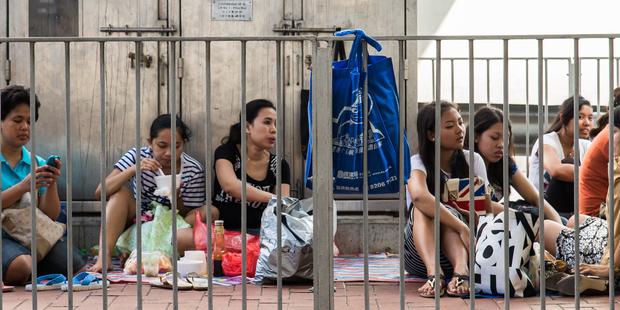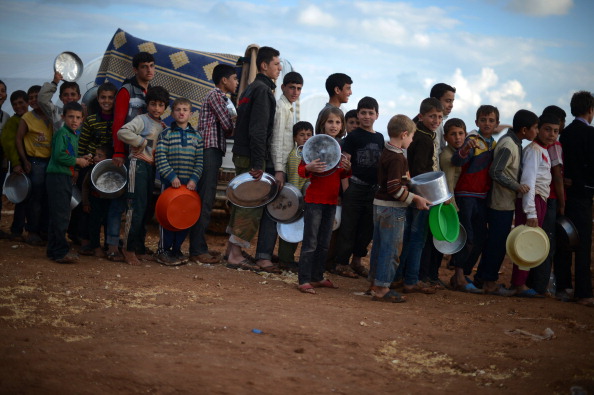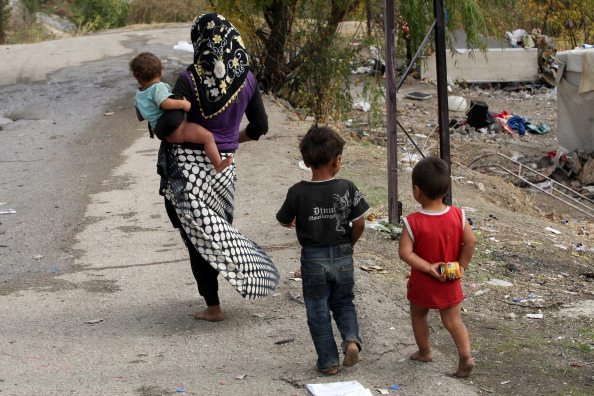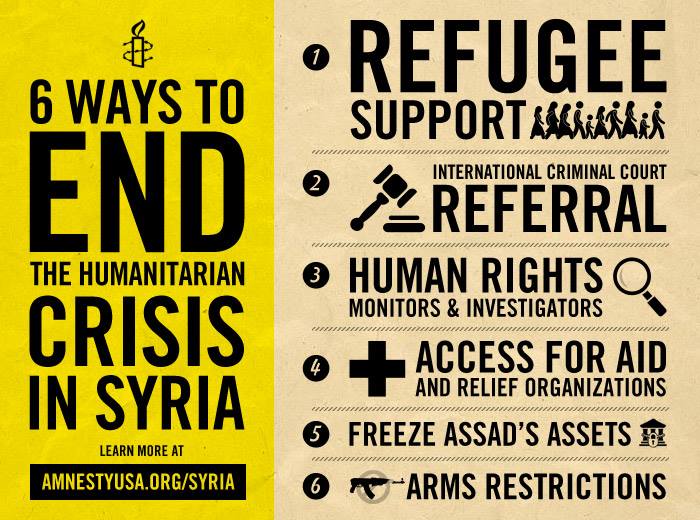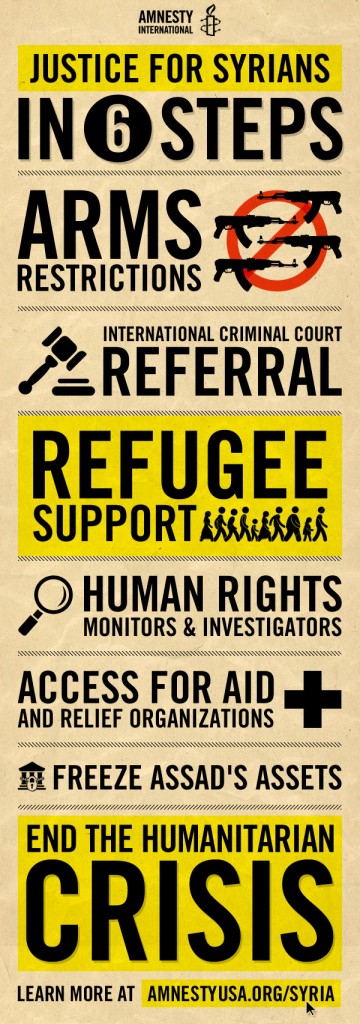This week could be the tipping point for the human rights and humanitarian crisis in the Central African Republic, which continues to spin out of control. With the situation worsening on a daily basis, including extrajudicial killings and rape, the U.N. Security Council will meet Thursday to vote on a resolution related to the deployment of peacekeeping forces to the country.
This vote presents a unique opportunity to start pulling the country back from the brink. However, public pressure is needed over the following days to demand a robust peacekeeping force with a strong human rights mandate to protect civilians, including many Internally Displaced Persons (IDPs) and refugees. We are thus calling on the decision makers in France, the UK and the U.S. to support our demands. You can participate in this campaigning push through our global Twitter action that accompanies our media, lobby and field work.
